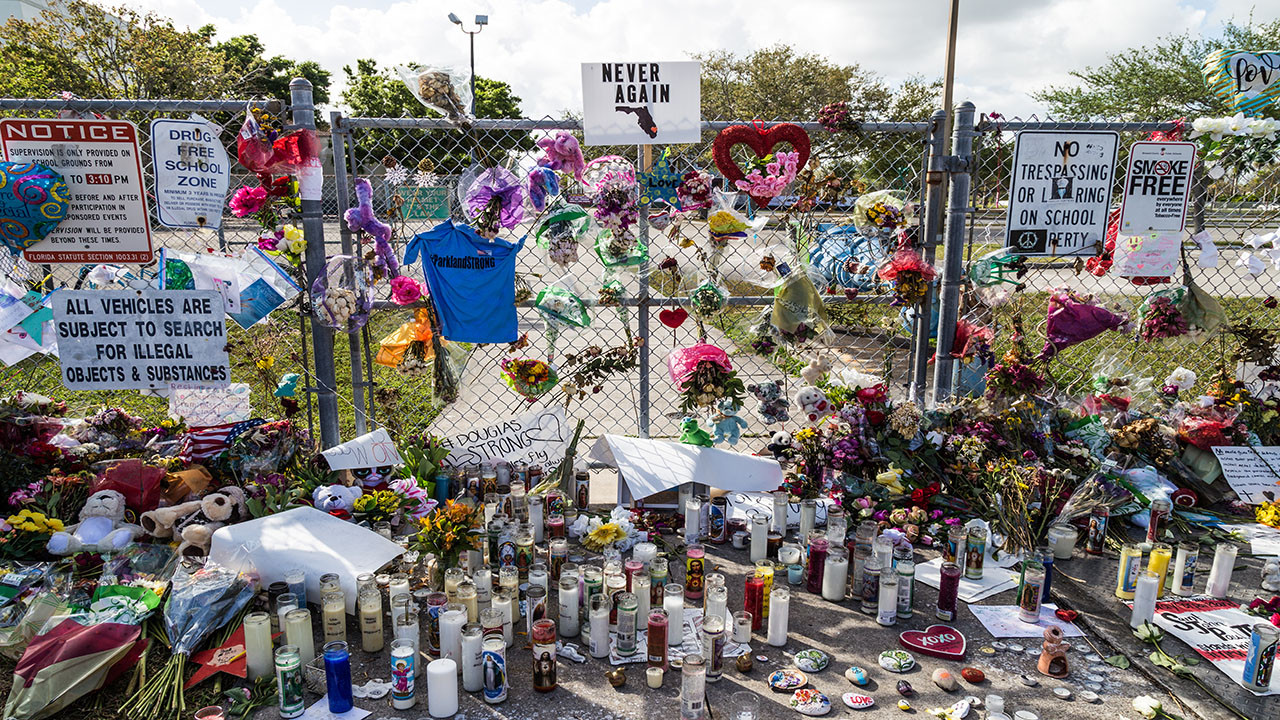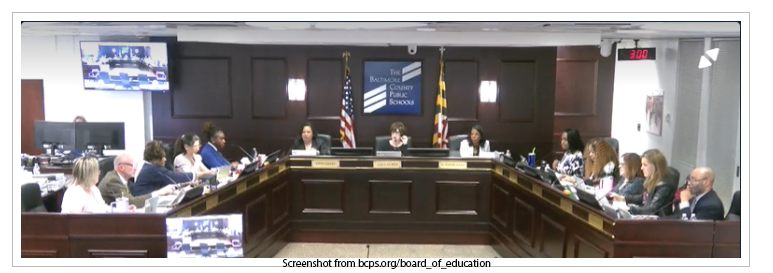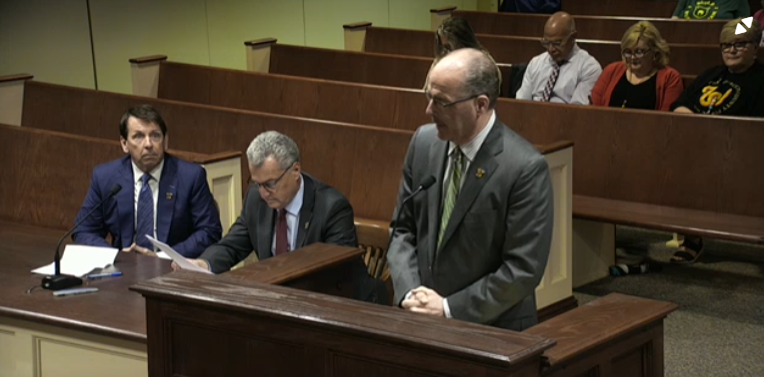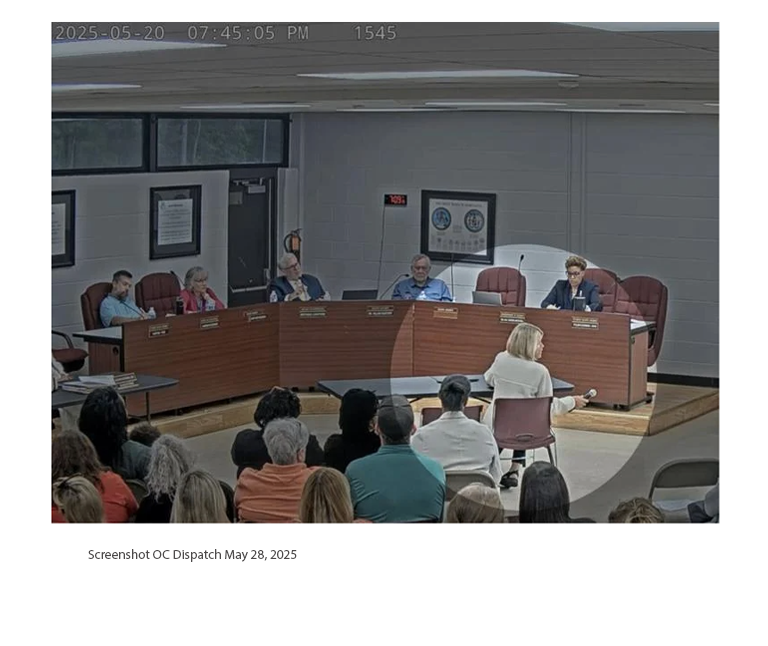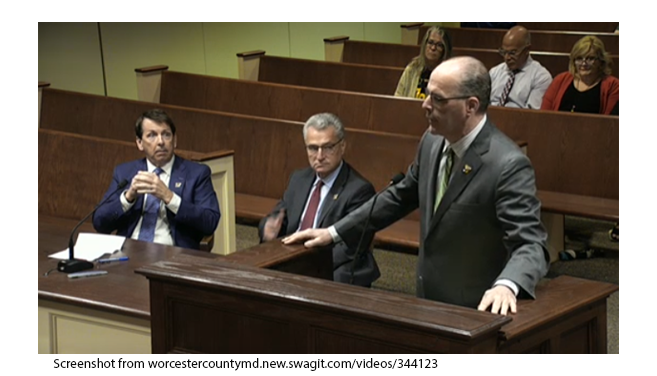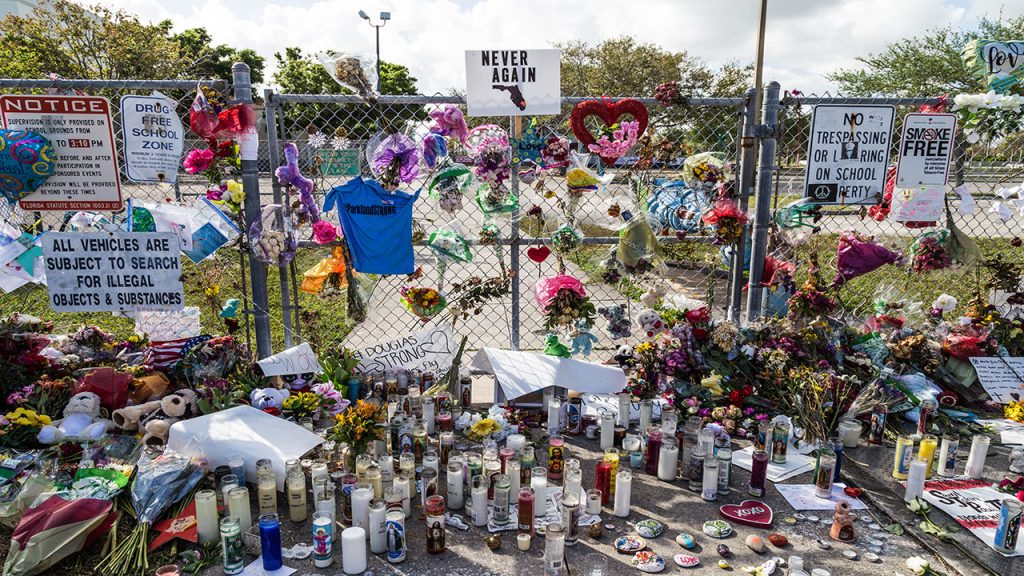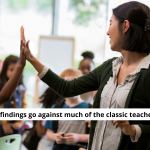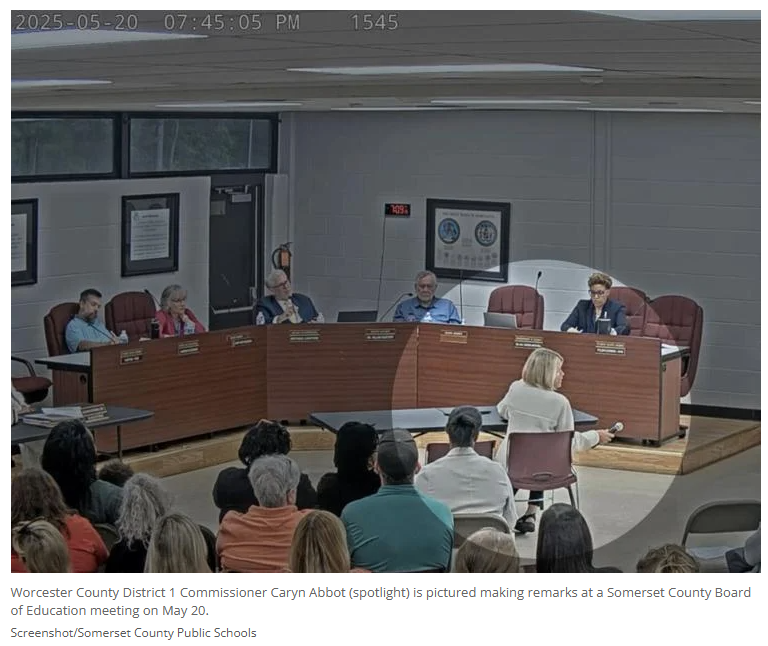
Charter Schools Find Quiet Support in a World Focused on Private School Choice
2023 has been a watershed year for the school choice movement, but one of the longest-lasting forms of school choice has barely been part of the public conversation.
Charter schools, which are publicly funded but privately operated and have been around for more than three decades, hold a unique place in today’s school choice landscape.
They don’t fall into the same camp as the private school choice measures that have swept through Republican-dominated legislatures this year such as education savings accounts and vouchers that give families public, per-pupil funds to pay for private school tuition and other educational expenses. While Republican lawmakers across the country have used legislative majorities to establish new private school choice programs or expand existing ones, charter schools have often gotten by without a mention in legislative debates.
And while former President Barack Obama was one of charter schools’ most ardent champions, prominent Democratic politicians are no longer holding up charter schools as an example of positive education reform. President Joe Biden has been a vocal critic of charters with for-profit operators and stated on the campaign trail that he’s “not a fan of charter schools.” In office, his administration has gone to bat with charter school advocates over proposed revisions to the major federal grant program that supports the creation of charters.
Meanwhile, a new study from researchers who previously found charter schools either performed worse than or on par with traditional public schools found that charter schools overall now outperform their traditional public school counterparts.
So where does that leave charter schools?
If you ask Nina Rees, president and CEO of the National Alliance for Public Charter Schools, charter schools are receiving more support than ever, just not as loudly.
“The fact remains that a good portion of people really like charter schools,” Rees said in an interview with Education Week in July. “There’s a portion who are never going to support [them] and then a really broad portion in the middle who don’t know what [they are].”
In a 2022 Education Next poll of nearly 1,800 American adults, 45 percent said they support public charter schools while 36 percent were in opposition. Nearly one-fifth of the respondents said they “neither support nor oppose” charter schools. Pulling in that 19 percent of indecisive respondents is a major goal for Rees, who said vocal opposition to charter schools could stand in the way.
“Educating those people in the middle is really important now because if things are getting amplified in the court of public opinion and you have a strong opposition, they can start to hear about charter schools in that negative message,” Rees said.
How charter schools got here
Charter schools have traveled a meandering route when it comes to political support.
The nation’s first charter school law passed in 1991 in Minnesota, with a Democrat sponsoring the legislation. Soon after, former President Bill Clinton lauded charter schools as a potential solution to systemic achievement gaps between white, wealthy students and poor students and students of color.
At the time, charter schools were winning support both from Democrats and moderate Republicans. For Democrats, they also represented an attempt to counteract private school vouchers, which President Ronald Reagan supported.
“There had been various efforts up through the ‘80s to expand vouchers without much success,” said Douglas Harris, director of the Center of Research for Education Access and Choice at Tulane University. “Clinton’s orientation was toward public-private partnerships. Charter schools are an example of that.”
Democrats’ support of charter schools—which were a major education policy priority during the Obama administration—has since cooled even as charter schools serve predominantly urban, lower-income students whose families tend to vote for Democrats.
Last year, the Biden administration passed stricter application requirements for the federal Charter Schools Program, a grant that funds charters in their first three years of operation and represents the schools’ only source of federal startup funds.
The final requirements that became part of federal regulations were much less strict than what the Biden administration originally proposed, which would have required incoming schools to secure a letter of support from the public school district in their area. But the rules still require incoming charters to do a community impact analysis, examining how the charter will affect local desegregation efforts, and prove they aren’t connected to a for-profit management organization.
So far, the rules haven’t had a major impact on charters, Rees said—230 charter schools opened in the 2022-23 school year, according to the National Alliance. But Rees worries that the back-and-forth on the Charter Schools Program is a sign that Democrats’ support is waning.
“I’m more worried about some of the discussions around Democrats not supporting [charter schools],” Rees said. “Most of our constituents are also Democrats. So the fact that they take these constituents for granted is what keeps us up at night, at a time when they can’t be doing this.”
Democrats were less likely to support charter schools than Republicans in the Education Next survey. Nearly 38 percent of Democrats said they support charter schools while 45 percent oppose them, leaving 17 percent without an opinion either way. Among Republicans, 55 percent said they support charters and a quarter of survey respondents said they oppose them, with 20 percent having no opinion.
While there are fewer prominent Democratic champions of charter schools, there are still some examples. In a Washington Post op-ed last year, for example, Colorado Gov. Jared Polis opposed the Biden administration’s initial set of proposed changes to the Charter Schools Program, saying they would “halt innovation in its tracks” and arguing that charters are leading the way in creating innovation in schools and have better outcomes for students. Polis helped start two charter schools—the New America School and the Academy of Urban Learning, both in the Denver area—before his election.
In addition, Rep. Hakeem Jefferies, the New York congressman who leads the House Democrats, is a longtime charter schools advocate, though advocates expected him not to make charter schools a priority when he was elected to his position as House minority leader late last year, The 74 reported.
Do charters really need political support?
Much of the attention around school choice as of late hasn’t been focused on charter schools, with conservative lawmakers more focused on private school choice and Democrats advocating for more funding for traditional public schools.
Harris, however, views the fact that the Biden administration ultimately tempered its changes to the Charter Schools Program as evidence of more under-the-radar support for charters.
“A lot of Democrats came to the rescue on that to get the administration to change their tune to water down the new rules,” Harris said. “There’s support there. It’s not as loud as it was before and probably not quite as strong but it’s at least kept things in place.”
And even with the attention focused on private school choice, there have been clear political victories for charter schools this year.
Earlier this year, Montana passed two laws that give parents and community members the ability to establish charter schools, making it the 46th state to enact a charter school policy, according to the National Alliance. In New Jersey, Gov. Phil Murphy, a Democrat, signed a budget passed by that state’s Democratically controlled legislature that includes $20 million for charter schools to cover the cost of facilities improvement. North Carolina lawmakers also passed a charter school omnibus bill that would also dedicate public funds for charter school facilities.
As they grow more established, charter schools may not need support in the form of new state or federal laws, Harris said.
As of the 2020-21 school year, there were 7,821 operating charter schools serving 3.7 million students—they account for almost 8 percent of all public schools, according to the latest federal statistics. And recent research from the Center for Research on Education Outcomes at Stanford University released earlier this year showed that charter school students have outperformed their traditional public peers. That finding was particularly significant, as the center’s first two studies on the topic found that charter schools either underperformed or performed on par with their traditional public school counterparts.
Charter schools no longer have to prove to lawmakers that they should exist, Harris said
“Now it’s more [about] are they able to find charter authorizers to open more schools? And are they doing a sufficiently good job that more parents want to attend them?” he said. “Those sorts of things are more in their own hands. It’s not really about what policymakers are saying anymore.”
Dig Deeper With Our Longreads
Newsletter Sign up to get our best longform features, investigations, and thought-provoking essays, in your inbox every Sunday.
The MEN was founded by John Huber in the fall of 2020. It was founded to provide a platform for expert opinion and commentary on current issues that directly or indirectly affect education. All opinions are valued and accepted providing they are expressed in a professional manner. The Maryland Education Network consists of Blogs, Videos, and other interaction among the K-12 community.

